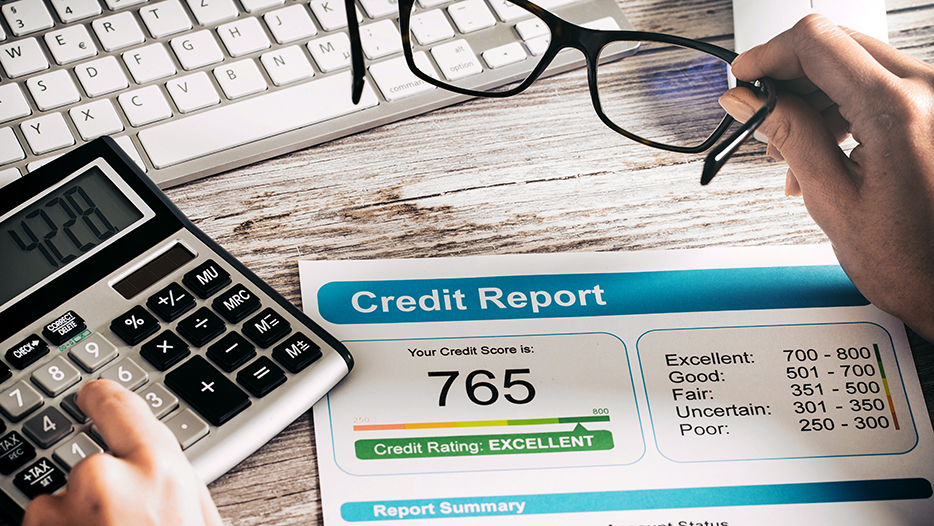How To Improve Your Score In The Credit Bureau

By following a few simple steps you can improve your credit score, including: opening up a credit account that reports to the credit bureaus, maintaining a low balance, and paying your bills on time. With Experian Boost, you can try to improve your credit score by getting credit for paying bills such as rent, utilities, and popular streaming services. Getting started, however, is not always easy. You should understand how your credit scores are calculated and how to Mejorar score crediticio them whether you’re starting from scratch or rebuilding your credit after a hit. In the next section, you will find more detailed guides that are tailored to your situation.
Tips For Improving Your Credit Score
Your unique credit situation will determine the specific steps you should take to improve your credit score. However, there are a few basic steps that almost anyone can take to improve their credit.
1. Establish Your Credit History
Creating a credit file starts with opening new accounts which are reported to the major credit bureaus – almost all lenders and credit card companies report to all three. The only way to build a good track record as a borrower is to have at least a few active credit accounts in your name.
For example, credit-builder loans and secured cards might be a wise choice if you’re just beginning your credit journey or have a low score-or a rewards credit card with no annual fee if you are looking to raise your score. If someone else uses their credit card responsibly, becoming an authorized user on their card may also be of benefit.
2. Never Miss A Payment
An excellent credit score can be achieved if you have a long history of on-time payments. Your payment history is one of the most important factors that determine your credit scores. You will need to ensure you do not miss your loan or credit card payments more than 29 days – payments that are 30 days late can be reported to the credit agencies and could negatively impact your credit score.
3. Make Sure All Accounts Are Up To Date
Bringing your bills might help you if you’re behind. Having all your accounts current can help raise your credit score even if a late payment remains on your report for seven years. Moreover, it prevents further late payments from going on your credit history and further late fees from accruing.
Debt management plans (DMPs) may be an option for those having trouble paying credit card debt. In addition to negotiating low interest and payment rates, the counselor can contact your credit card issuers to bring your balances current.
Can A Credit Score Be Rebuilt In A Short Period Of Time?
The process of rebuilding your credit is not set in stone. The time it takes for your credit scores to improve depends on what is hurting your credit and how you are rebuilding it.
By making on-time payments and bringing your account current, you might be able to rebuild your score after a single missed payment. On the other hand, if you fall behind on more than one account and you catch up after 90 days, you will likely take longer to catch up. If repossession or foreclosure result from late payments, this effect is magnified even further.
Building Or Establishing Your Credit Score
It may not be necessary for you to have a credit report, depending on your experience with credit. If your credit report does not contain enough information, credit scoring models may not be able to calculate your score.
You would be “credit invisible” if you did not meet the criteria, which would, in turn, prevent creditors from checking your credit scores. This would make it more difficult to open new credit accounts because creditors would not be able to see your scores.









